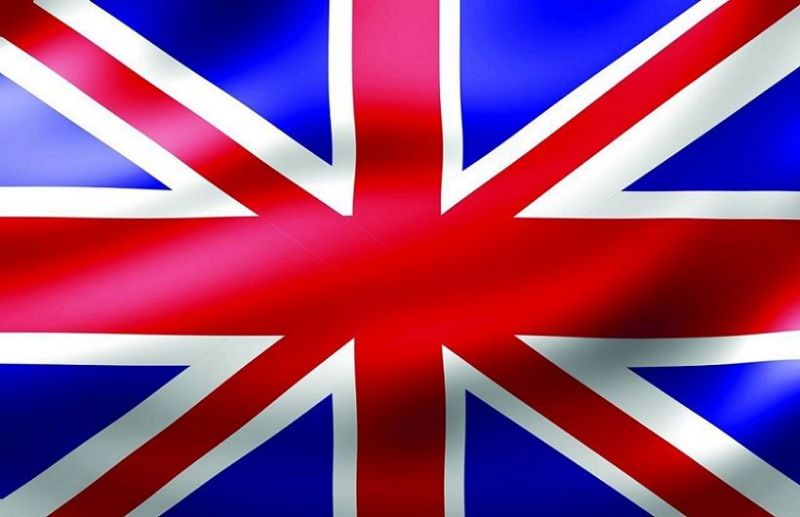Consumer Concerns Rise Over 'Not For EU' Labels on British Meat and Dairy Products
A recent poll conducted by Survation on behalf of the anti-Brexit campaign group Best for Britain has unveiled that nearly one in five individuals express hesitancy towards purchasing food labeled 'Not for EU.' This labeling requirement is set to be enforced on all British meat and dairy produce starting October 2024.

The survey also indicated that a mere 28% of respondents understand the origin of products bearing the 'Not for EU' label, a potential source of confusion among consumers. The introduction of these labels is part of a system aimed at preventing the movement of produce from Northern Ireland into EU regions, resolving the longstanding dispute between the UK and the EU over the Northern Ireland protocol.
However, the findings suggest a potential challenge in consumer comprehension, which may escalate with the implementation of new trade deals with countries like Australia and New Zealand. This confusion could, in turn, impact consumer confidence, potentially leading to financial strain for British farmers and retailers.
The survey reveals that 45% of respondents believe the UK government is responsible for the introduction of these labels and the subsequent negative impact on consumer confidence. A separate study by the Food and Drink Federation (FDF) has also warned that 'Not for EU' labeling poses a significant risk to UK exporters.
As Prime Minister Rishi Sunak addresses concerns among rural communities following electoral setbacks, he remains committed to clear labeling. Despite challenges raised about regulatory divergence and the absence of a Sanitary and Phytosanitary (SPS) agreement with the EU market, the Prime Minister acknowledged that addressing these issues is a "work in progress."
In response to the survey, Naomi Smith, CEO of Best for Britain, emphasized the challenges faced by farmers and food suppliers post-Brexit. She called for the next government to commit to a youth mobility visa scheme to address labor shortages, an independent board of trade to protect farmers, and beneficial regulatory alignment with the largest market to reduce red tape.
However, the findings suggest a potential challenge in consumer comprehension, which may escalate with the implementation of new trade deals with countries like Australia and New Zealand. This confusion could, in turn, impact consumer confidence, potentially leading to financial strain for British farmers and retailers.
The survey reveals that 45% of respondents believe the UK government is responsible for the introduction of these labels and the subsequent negative impact on consumer confidence. A separate study by the Food and Drink Federation (FDF) has also warned that 'Not for EU' labeling poses a significant risk to UK exporters.
As Prime Minister Rishi Sunak addresses concerns among rural communities following electoral setbacks, he remains committed to clear labeling. Despite challenges raised about regulatory divergence and the absence of a Sanitary and Phytosanitary (SPS) agreement with the EU market, the Prime Minister acknowledged that addressing these issues is a "work in progress."
In response to the survey, Naomi Smith, CEO of Best for Britain, emphasized the challenges faced by farmers and food suppliers post-Brexit. She called for the next government to commit to a youth mobility visa scheme to address labor shortages, an independent board of trade to protect farmers, and beneficial regulatory alignment with the largest market to reduce red tape.
Key News of the Week











